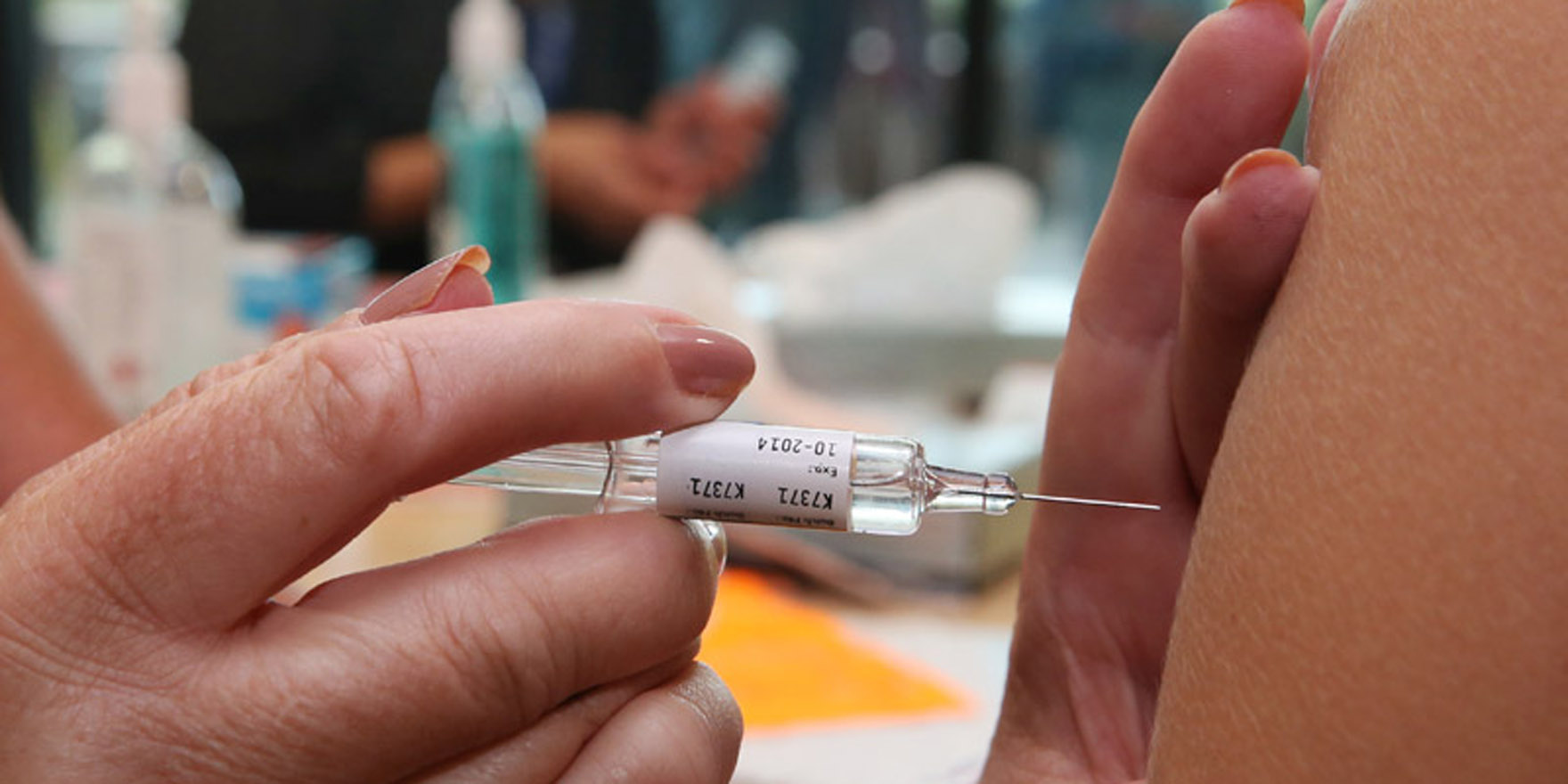Community pressure to include the meningococcal B vaccine on the PBS is premature, experts say
Community pressure to include the meningococcal B vaccine on the PBS is premature, experts say.
The vaccine has been making headlines after a rise in the number of cases of the currently unfunded emergent strain across the country.
In South Australia, Health Minister Jack Snelling has launched an online petition for Bexsero, a vaccine for the B strain, to be included on the PBS.
He called on the federal government “to urgently add this lifesaving vaccine to the PBS”, saying it was unfair the $500 regimen was unavailable to people who could not afford it.
“They must subsidise the vaccine to prevent unnecessary deaths and heartache,” he said.
But the Pharmaceutical Benefits Advisory Committee has already rejected submissions from manufacturer, in 2013, 2014 and 2015, and the AMA is in support of the decision until the vaccine is proven more cost-effective.
Professor Peter Collignon, infectious diseases physician and microbiologist at the Australian National University, agreed that Bexsero’s cost-benefit ratio did not warrant it receiving PBS status on the current evidence.
“Vaccinating people with vaccines that work is a great idea – and by vaccines that work I mean ones that work 90% plus,” he said.
“But we need to be careful that if we are spending huge amounts of money, firstly that the vaccines are very effective, but also that they remain very effective.”
Professor Collignon said there was still a question over the vaccine’s ongoing efficacy, due to changes in the B antigen over time.
The PBAC determined that listing Bexsero on the national program would cost more than $100 million to vaccinate over 200,000 people in the first five years.
The disease is also relatively rare, with 184 cases (0.82 per 100,000) and approximately 11 deaths in 2011. Around five of the deaths were in those aged less than five years old, surveillance figures show.
Health experts will be looking to the UK to better understand the benefits of the vaccine, after the government recently decided to provide it at no cost to the patient.
“We have a country doing this experiment for us,” said Professor Collignon. “We should actually look at the results and see how effective the vaccine is, what the side effects of the vaccine are and how much it costs to deliver the results.”
“We have got to look at how rare the disease is to warrant spending the money,” Professor Collignon said. “Because you might be better off spending it on other types of immunisation where you get a better benefit and save more lives for the same amount of money.”
This became an even greater issue when evaluating vaccines for rarer types of meningoccus, such as W and Y, he said.
WA has seen a spike in the number of meningococcal disease this year, mostly from the W strain.
Health authorities in WA have launched a targeted vaccination program for the W strain, to provide free vaccines for Kalgoorlie, Boulder, Coolgardie and Kambalda, after the confirmation of five cases in the past two months.
Associate Professor Michael Gold, at Adelaide University’s school of Paediatrics and Reproductive Health, reiterated the need for a national approach for vaccinations, saying the PBAC’s stringent frameworks protected decisions from being made for political or lobbying reasons.
Bexsero has been in shortage, with availability to Australia set to return in January 2017.
Bexsero has been approved by the TGA as a safe and efficacious vaccine and has been recommended by Australian Technical Advisory Group on Immunisation for infants and adolescents, a spokeswoman for GSK said.


